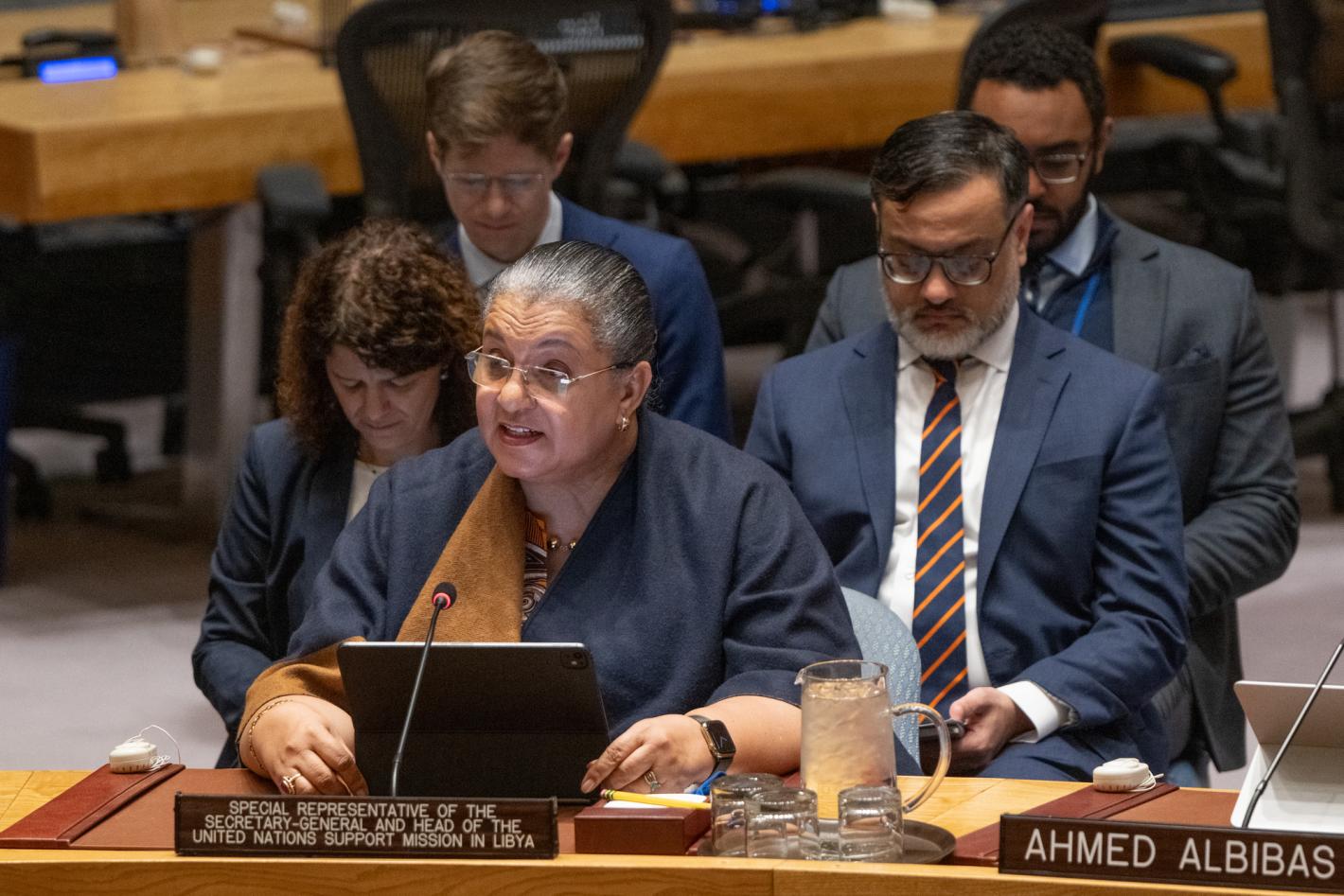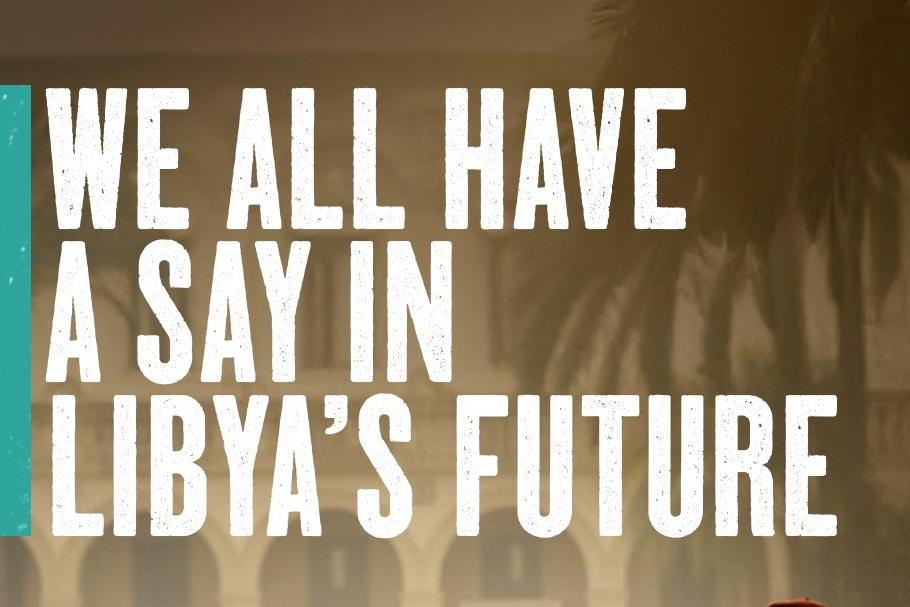TRIPOLI – Twenty-one young men and women from the Western region of Libya came together with UNSMIL officials to discuss how young people could help combat violence in local communities.
Part of UNSMIL’s YouEngage programme, the workshop focused on ways youth could work together to design and identify recommendations to develop community violence reduction (CVR) programmes with at-risk individuals, particularly at-risk youth and communities at the centre.
“Lots of conflicts are created in on social media,” said one male participant. “It is creating new types of conflict which don’t need to exist.” Other participants agreed adding that many Libyan citizens wanted to support their country but didn’t know how to, as they themselves were not being supported by the state.
The discussions focused heavily on the role that armed groups play in Libyan society, and how many youth felt marginalized with little access to few opportunities, particularly women and those with disabilities. They highlighted endemic issues with favo-ritism and corruption preventing qualified young people from getting access to employment.
“Women’s role is not just complimentary, it is critical to the mediation and reconciliation process,” explained one male participant.
In breakout groups, the participants worked on key challenges in CVR in Libya, and developed the following recommendations:
- Hold elections and have a government which represents youth.
- Youth clubs and youth camps should be established across municipalities so that youth have a space to come together creating a supportive community that can effectively address and reduce violence.
- More support should be given to young people trying to set up businesses, through funding and training and to create employment opportunities. Communication campaigns should be developed to breed a culture of entrepreneurship.
- Establish training and educational centres to support skills development for youth.
- Tackle corruption and unify institutions to support a better future for youth.
- Give youth real representation at decision-making levels.
- Create more opportunities for youth to lead in their communities and raise awareness of the positive role they can play by enhancing their political and social influence in civic associations and their authority in relation to economic productivity, thereby reducing violence.
Have more volunteering opportunities for youth which would benefit the communities and individuals in their skills development and networking.
- Raise awareness about the impact of hate speech and give youth a role in combatting it.
- Enhance the culture of national identity around positive roles models such as entrepreneurs, to contribute to long-term and inclusive peace
- Offer mentoring support to young entrepreneurs to help them overcome challenges, and establish leadership programmes.
“Education is going downhill in Libya,” said one female participant with others adding that there is a deep mistrust of state agencies and institutions among youth as many have been victims of their poor practices.
“We want a government which credibly speaks on behalf of youth,” they said collectively, highlighting that rules saying young people can’t run for President were unfair.






